Worms and Aquaponics
Worms can play an important part in an aquaponics system. Compost worms are mostly associated with worm bins and compost heaps and this is where they usually do their amazing
job of recycling and converting all kinds of organic materials that otherwise would rot and go to waste on landfill sites into nutrient rich worm castings. Worm castings (worm poop) are amongst the most balanced natural fertilizers known to man and contrary to compost straight away usable as plant food.
Now aquaponics is the amazing concept of growing fish and plants together in a mutually beneficial system.
It is a combination of aquaculture and hydroponics. Nitrifying bacteria grow on a medium like gravel, clay pebbles or any other suitable material and convert the fish poop first into nitrites and then into nitrates which the plants will feed on and, in this way, remove from the system.
Worms feed on fish poop in an aquaponics system
Nitrates and especially nitrites are very poisonous to fish and if they build up in the water, they will kill the fish. So, nitrifying bacteria are essential to convert the fish waste into a form that the plants can consume.
Another very toxic substance that will be deadly to fish if allowed to build up to even low levels in a closed water system is "ammonia". it is produced by the fish, excess food and any decomposing materials in the water. Apart from taking care not to overfeed the fish which can lead to excess food being pumped into the plant medium it is always good to remove plant material from the bottom of the tank the fish live in to reduce the risk of ammonia production in the water.
This is where worms come in very handy and are the perfect addition to any closed aquatic system that uses freshwater fish. Worms can live comfortably submerged in water, they even thrive in it as long as it contains enough oxygen and provides them with some sort of decomposing organic materials as food. The running water in an aquatic system usually provides ample oxygen for worms and the soft fish poop, uneaten fish food and decomposing plant materials are easy to swallow and digest. Through their actions they remove large amounts of potentially harmful organic materials from the water and in return provide the plants with worm castings which will dissolve in the water and act as welcome nutrition for the plants. Worm castings are contrary to "Nitrites and Ammonia" not harmful to fish. Worms will also be helpful to keep the growing media clean of old leftover roots from plants that have been replaced after they finished their live cycle.
This is another great way to recycle organic waste materials with the help of compost worms. In addition to keeping the water balanced you can grow many kinds of fruit, herbs and vegetables and even tasty fish like tilapia.
-----------
------------
For more worm compost related information! Type your question or keywords (for example “earthworm”) into the search box below.
----------
10 good reasons to start a worm farm!
----------
Return from the "Compost worms page" to the "Home Page"
-----------
Worms convert horse manure into plant food!
-----------
----------
More info about growing plants and fish together
Your Questions about worm composting?
Do you have any questions or suggestions about worm composting?
This is the place where you can interact with us and other worm composting friends!
What Other Visitors Have Said
Click below to see contributions from other visitors to this page...
Could worms live in an axolotl tank? 




Could worms be living in an axolotl tank?
Search / Suchen
On SPECIAL
"How to start a profitable worm business on a shoestring budget
Order a printed copy from "Amazon" for only
$11.95
or a digital version from the "Kindle" store for only
$4.95
Prices valid till 31.01.2026
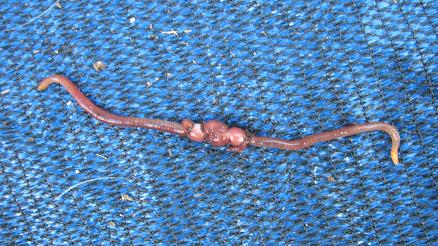
Our New Book
Order the Kindle E-book for the SPECIAL PRICE of only
$3.95
Prices valid till 31.01.2026!
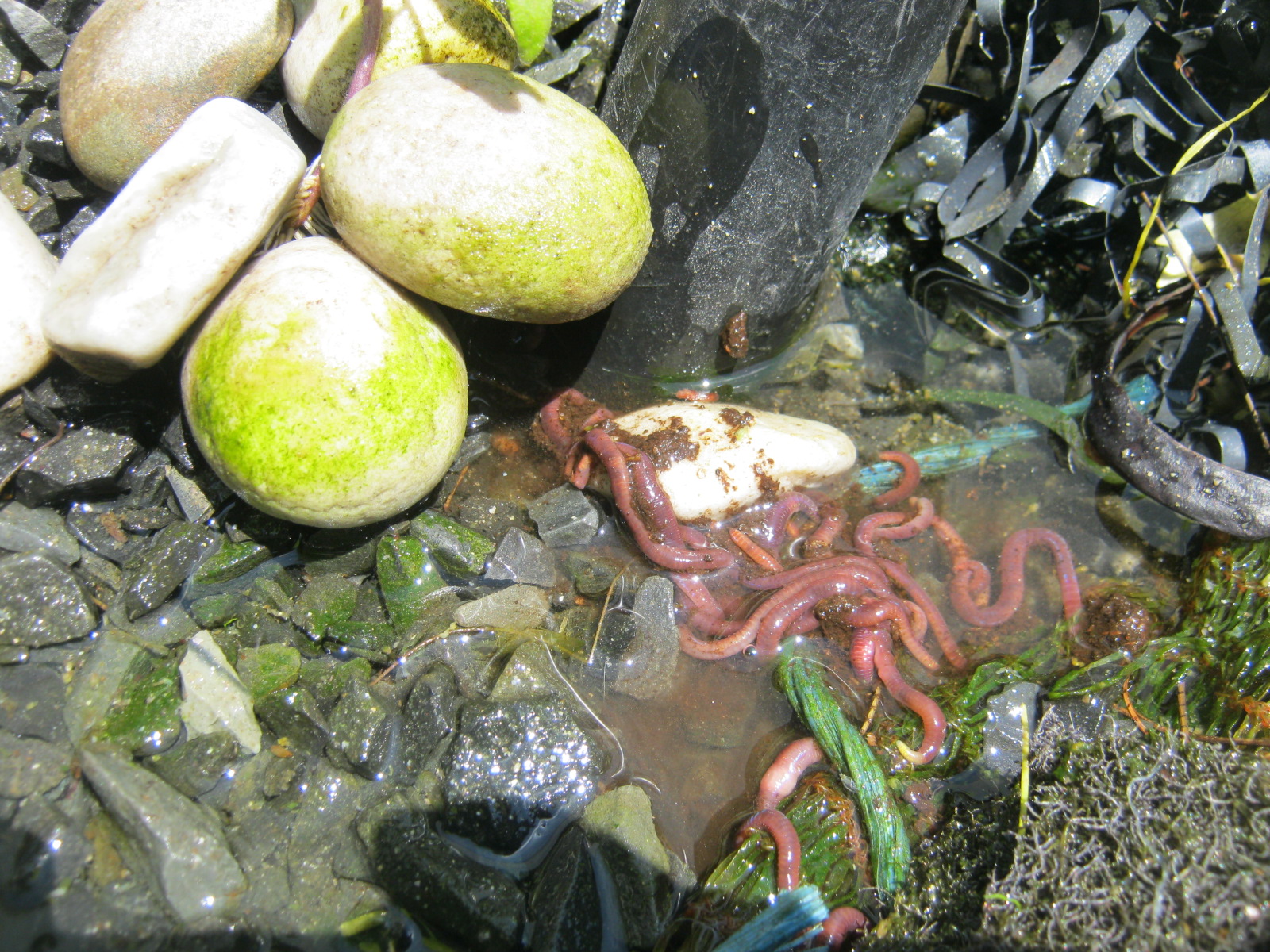
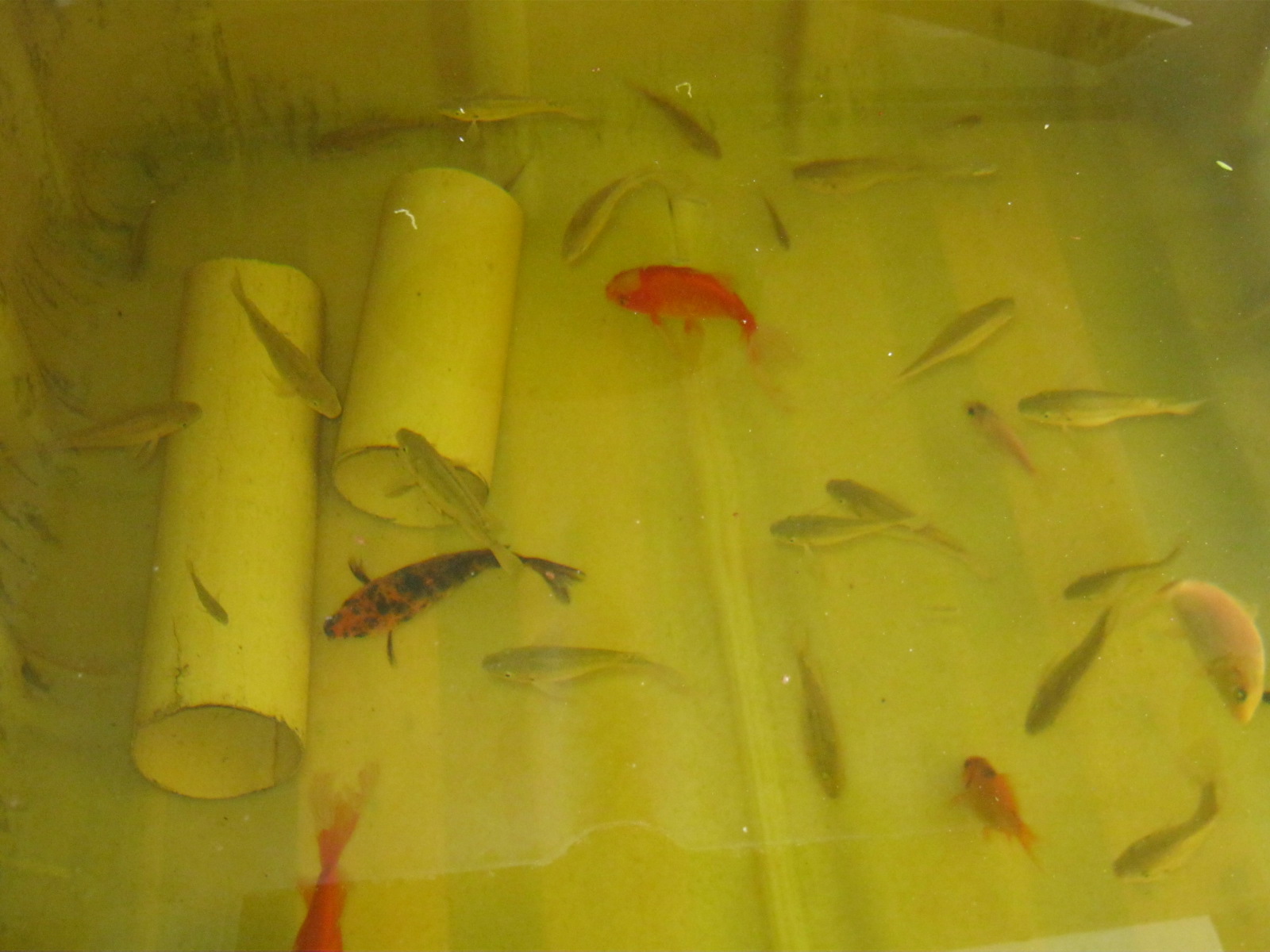
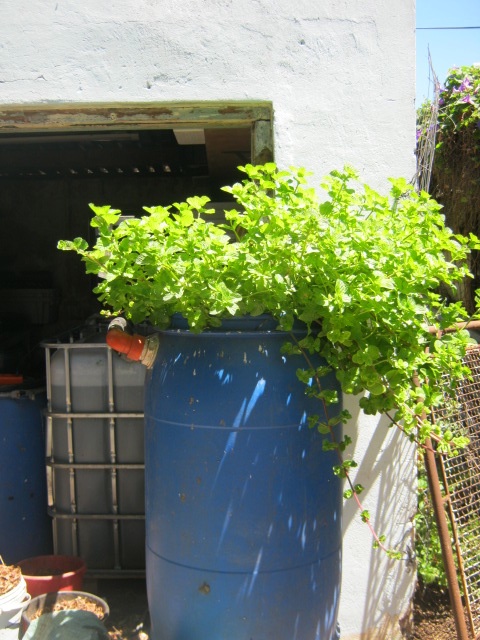
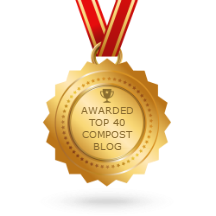


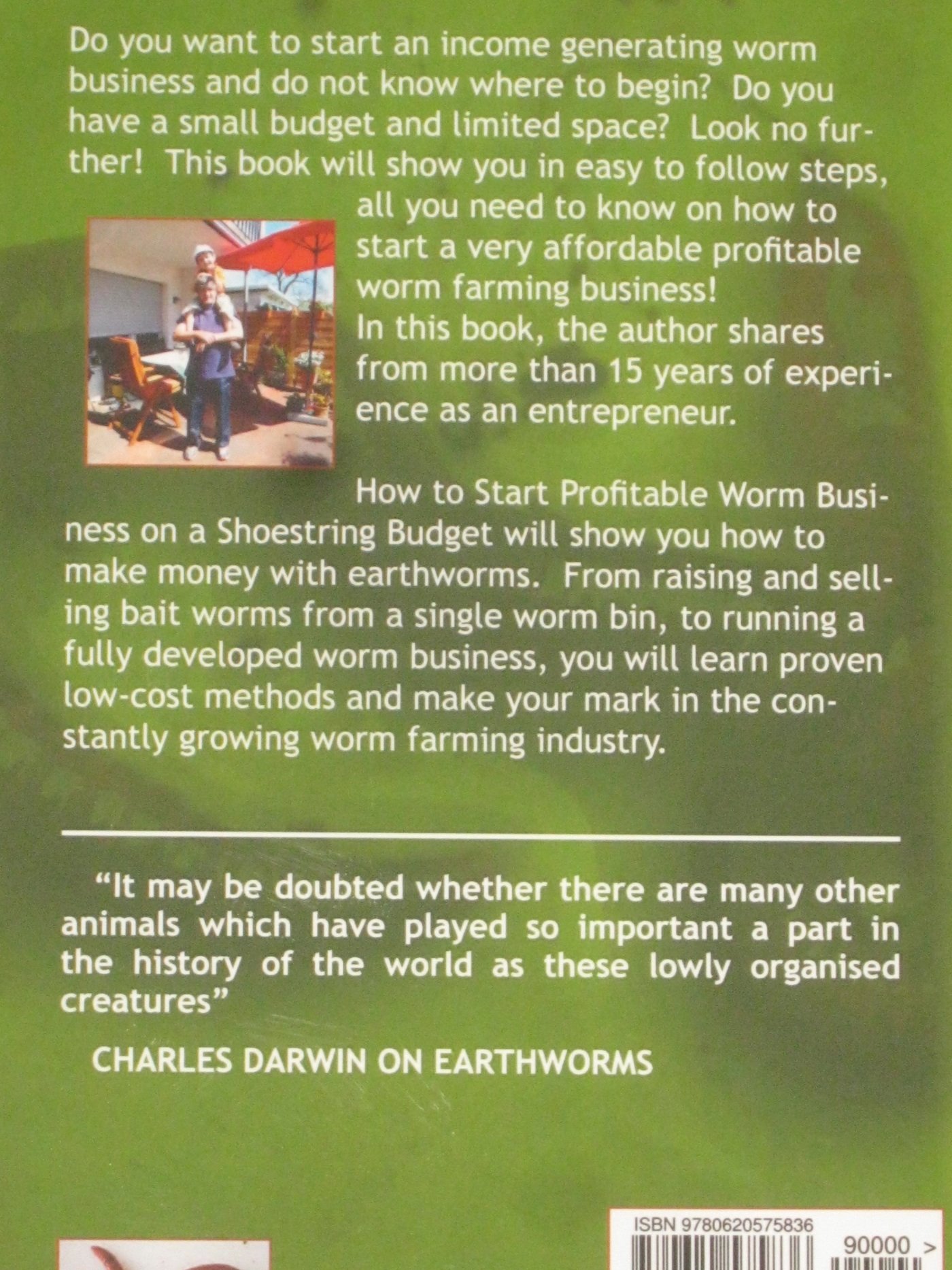

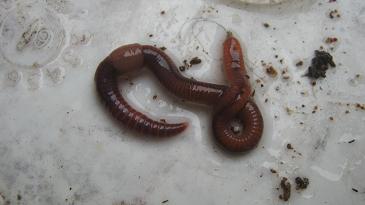
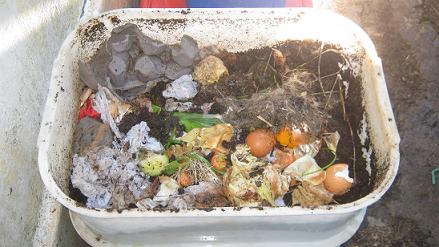
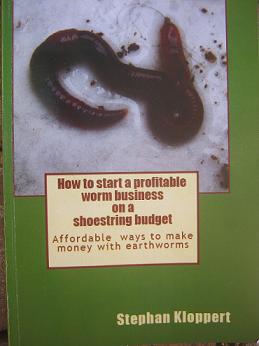
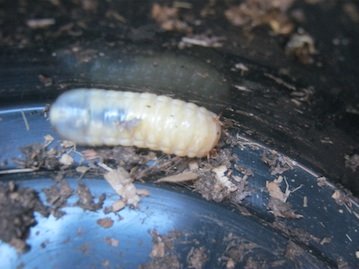
New! Comments
Have your say about what you just read! Leave me a comment in the box below.